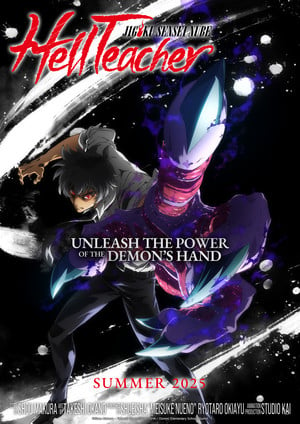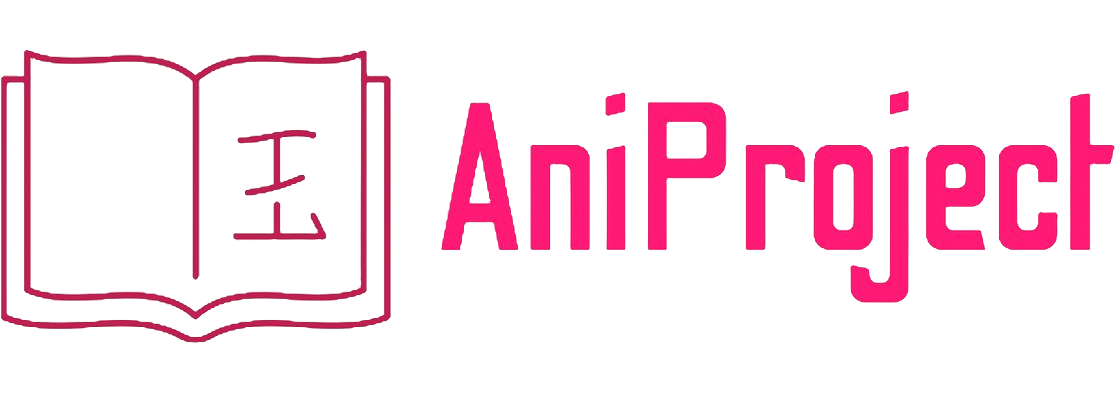Hell Teacher: Jigoku Sensei Nube TV Anime Reveals 8 More Cast, Full Staff in New Trailer

The staff of the television anime adaptation of Takeshi Okano and Sho Makura's Hell Teacher: Jigoku Sensei Nube (Jigoku Sensei Nube) manga revealed a new trailer, more cast, more staff, and a new visual on Friday. The additional cast includes (left to right in top row and then bottom row): Yasuyuki Ōishi (episode director for Stars Align, Narenare -Cheer for you!-) is directing the anime at Studio KAI. Fumito Yamada (episode director for Hell's Paradise, Love Is Indivisible by Twins) is the assistant director, Yoshiki Ōkusa (Butt Detective franchise, The Banished Former Hero Lives as He Pleases) is the head writer, and Yū Yoshiyama (key animator for Dragon Ball Super, Mobile Suit Gundam: The Witch From Mercury) is the character designer. Evan Call (My Happy Marriage, Violet Evergarden) is composing the music.Other staff members include: The series will premiere in July on TV Asahi's new programming block for anime titled "IM Animation W."The show's staff describes the story in English: Makura and Okano serialized the original 31-volume manga from 1993 to 1999 in Shueisha's Weekly Shonen Jump magazine. The manga has more than 29 million copies in circulation. The manga was later re-released in 2006 as 20 volumes.Makura and Okano published a one-shot manga titled "Jigoku Sensei Nube: Ōmagatoki" in Grand Jump in April 2014, 15 years after the original manga ended. The duo then launched a sequel manga titled Jigoku Sensei Nube Neo in Grand Jump Premium in May 2014. That manga ended in December 2018, and has 17 volumes. The Jigoku Sensei Nube S manga launched in Saikyō Jump in 2018 and has four total volumes. The manga franchise also includes the 10-volume Reibaishi Izuna and 10-volume Reibaishi Izuna Ascension spinoff manga.A new one-shot for the manga released in the September issue of Shueisha's Saikyō Jump magazine on August 2.The original manga inspired a television anime series in 1996-1997, a video anime series in 1998-1999, and three anime films in 1996 and 1997. The manga also inspired a live-action series adaptation in 2014.Source: Press release








